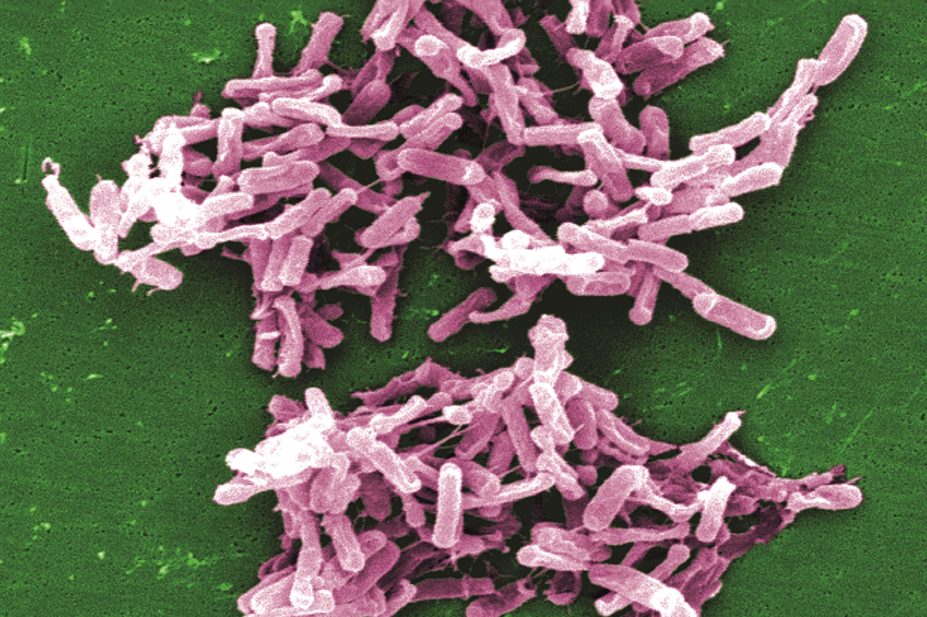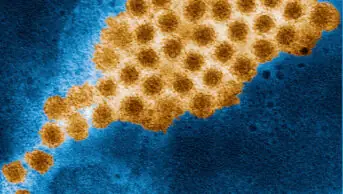
Janice Carr / CDC
While Clostridium difficile infection (CDI) is usually linked with antibiotic-related disruption to gut microbiota, cases of non-antibiotic associated CDI indicate that other factors can influence it.
Since dietary metals are known to influence infection susceptibility, researchers exposed C. difficile- colonised mice to diets with three different levels of zinc for five weeks.
They found that gut microbiota were significantly altered and showed decreased diversity in mice fed a diet containing excess zinc. No such change was observed in mice fed a diet with low or normal amounts of zinc.
Mice given the high-zinc diet were also susceptible to CDI at lower antibiotic doses and experienced more severe disease than mice given less zinc.
Reporting inNature Medicine (online, 26 September 2016)[1]
, the researchers suggest that limiting excess dietary zinc might therefore reduce the risk of CDI or morbidity in high-risk patients.
References
[1] Zackular J, Moore J, Jordan A et al. Dietary zinc alters the microbiota and decreases resistance to Clostridium difficile infection. Nature Medicine 2016. doi: 10.1038/nm.4174
You may also be interested in

Norovirus and strategies for infection control

Case-based learning: insect bites and stings
